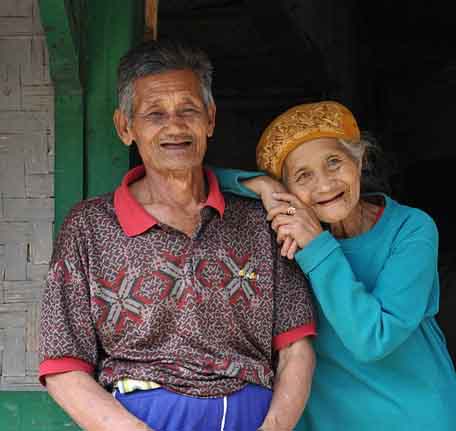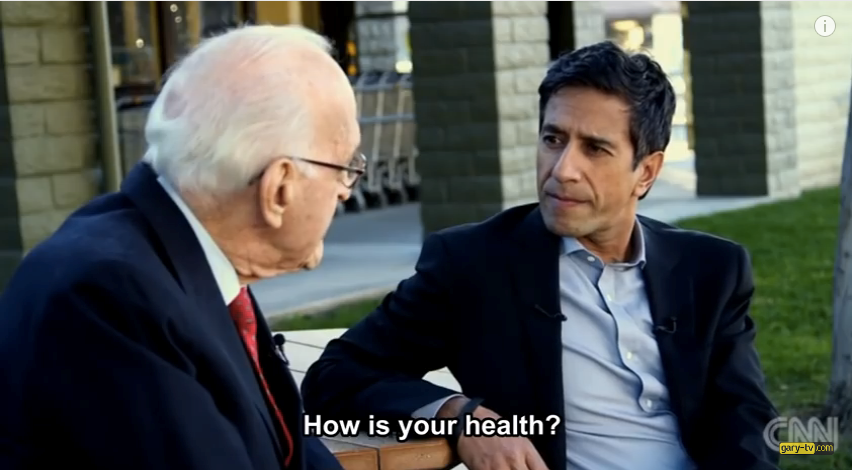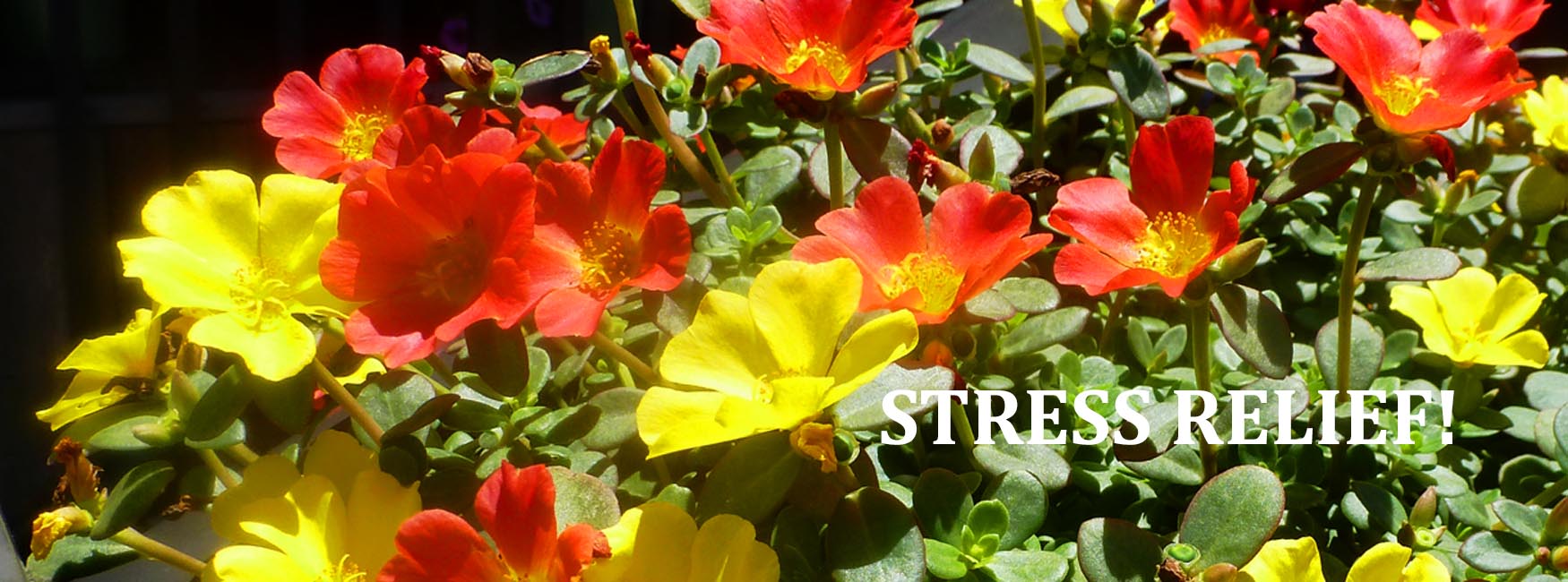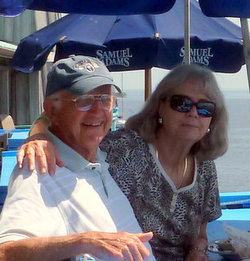How To Relieve Stress With Natural Remedies
Stress is a major cause of illness in the USA. How to relieve stress has become a big challenge in our lives. Over 50% of all of the drugs prescribed today are anti-depressants. This alone should give us a clue.
Short term stress is good when we need it to defend ourselves. Other forms of continued stress will make you sick if you don't have a remedy to get rid of it. Let's explore some of the reasons for stress and then review some possible solutions on how to relieve stress.
What Is Stress?
 Emotional strain results from adverse or very demanding circumstances.
Emotional strain results from adverse or very demanding circumstances.The basic definition of stress: "a state of mental or emotional strain or tension resulting from adverse or very demanding circumstances." Here are a few examples of stress that Dr. Theodore A. Baroody brings out in his book "Alkalize or Die", starting with the most intense to the least intense values:
- Death of a spouse
- Divorce
- Marital separation
- Jail term
- Death of a close family member
- Personal injury or illness
- Marriage
- Fired at work
- Marital reconciliation
- Retirement
- Sex difficulties
- Business readjustment
- Change to a different line of work
- Change in number of arguments with spouse
- Change in financial state
- Change in living conditions
- Begin or end school
- Revision of personal habits
- Change of residence
- Change of schools
- Change in country's cultural values
- Change in eating habits
- Vacation
- Christmas
- Change in the number of times a family gets together
All of these symptoms and others not listed cause the body to produce excessive hormones that causes contraction of muscles and redirection of digestive forces. Improper metabolism in the cell forms acid and reduces oxygen transfer leading to cellular breakdown.
Blood and lymph flows are altered. Oxygen and nutrients are not taken away as they should be. Lymphatic system accumulation then becomes inevitable. The acids create stresses that we can not feel.
 If you live an active life to 100 years or more, you must be doing something right.
If you live an active life to 100 years or more, you must be doing something right.When the body remains acid too long, sickness follows. We now need to find ways on how to relieve stress and also manage it. Review "The pH Balance in the body". See if you are stressed.
I have found that if we don't keep plans simple and easy to accomplish, they will not happen. If you live an active life to 100 years or more, you must be doing something right that keeps stress manageable.
Here is How to Relieve Stress
The list below comes from the areas in the world that have the most centenarians or those who reach the age of 100. These areas which include Okinawa, Sardinia, Ikaria, Loma Linda (California), and Nicoya peninsula (Costa Rica) have nine common denominators. Their methods are natural remedies on how to relieve stress, and they also live on a basic plant based diet.
1. Move Naturally
In the centenarian's world people don't lift weights, run marathons or join gyms. Instead, they live in places that constantly push them into moving without thinking about it. They grow gardens and don't have mechanical conveniences for house and yard work.
2. Purpose
"Why do I wake up in the morning?" If you know your sense of purpose, it can be worth up to seven years of extra life expectancy.
3. Down Shift
What the world's longest living people have that we don't, are routines to shed that stress. Okinawans take a few moments each day to remember their ancestors, Ikarians take a nap and Sardinians do happy hour, and Seventh Day Adventists in Loma Linda pray.
4. 80% Rule
People in these zones eat their smallest meal in the late afternoon or early evening and then they don't eat any more the rest of the day. The Okinawans stop eating when their stomachs are 80% full. This comes from an ancient Confucian mantra that keeps them trim and healthy.
5. Plant Slant
Beans, including fava, black, soy and lentils, are the cornerstone of most centenarians. Their diets are basically plant-based. Meat, if it is consumed at all, is eaten on average only five times per month. Serving sizes are 3-4 oz., about the size of a deck of cards.
 The end of a work day can be looked forward to by having time with family and friends...and a glass of wine.
The end of a work day can be looked forward to by having time with family and friends...and a glass of wine.6. Wine at 5
Most people in these areas drink alcohol moderately and regularly. Happy hour becomes stress-management. Moderate drinkers outlive non-drinkers. The trick is to have 1-2 glasses per day with friends and/or with food. And no, you can't save up all week and have 14 drinks on Saturday.
7. Belong
Almost all of the people in these areas belong to some faith-based community. Denomination doesn't seem to matter. Research shows that attending faith-based services four times per month will add 4-14 years of life expectancy. This really reduces stress.
8. Loved Ones First
Successful centenarians put their families first. This means keeping aging parents and grandparents nearby or in the home (it lowers disease and mortality rates of children in the home too.) They commit to a life partner (which can add up to 3 years of life expectancy) and invest in their children with time and love.
9. Right Tribe
Most centenarians came into a world that has social circles that support healthy behavior. Studies show that smoking, obesity, unhappiness, and even loneliness are contagious. So the social networks of long-lived people have favorably shaped their health behaviors. Hang out with groups or individuals that support healthy living and avoid a negative lifestyle. These centenarians didn't plan to live a long life - it just happened because of their lifestyle.
- There are many brilliant methods and medicines proposed to conquer stress in our "modern" world. Do we need them? I don't think so.
- Take time for yourself to make changes in your life.
- Find simple ways to manage stress and dream, sing, play, and dance more, and most important, seek your Creator!
Watch this short video of Dr. Ellsworth Wareham, a 100 year old cardiothoracic surgeon, explains his longevity and stress control. Dr. Wareham has been plant based most of his life. Watch now.
 Dr. Ellsworth Wareham, at 100, can still memorize something as well as when he was 20 years old.
Dr. Ellsworth Wareham, at 100, can still memorize something as well as when he was 20 years old.Now, it is time to practice on how to relieve stress.
More healthy living tips...
- Sunshine Vitamin - Vitamin D is known as the sunshine vitamin and is essential for good health.
- Natural Toothpaste - Use a natural toothpaste to avoid chemicals that can pass directly into the blood stream where they can accumulate into toxic levels.
- Shower Head Water Filter - can help you avoid exposure to chlorine and other toxins.
- Protocel - is a unique product that does not rely on vitamins, herbs, minerals, or pharmaceuticals to destroy cancer.
- Placebo Effect - It is an effect defined as positive after receiving medical interaction even when the treatment is inactive or fake.
- How to Live Longer - Hallmarks of the Blue Zones.
- RIGVIR - is a live "good" human virus that destroys the cancer cells after selectively infecting the tumor.





